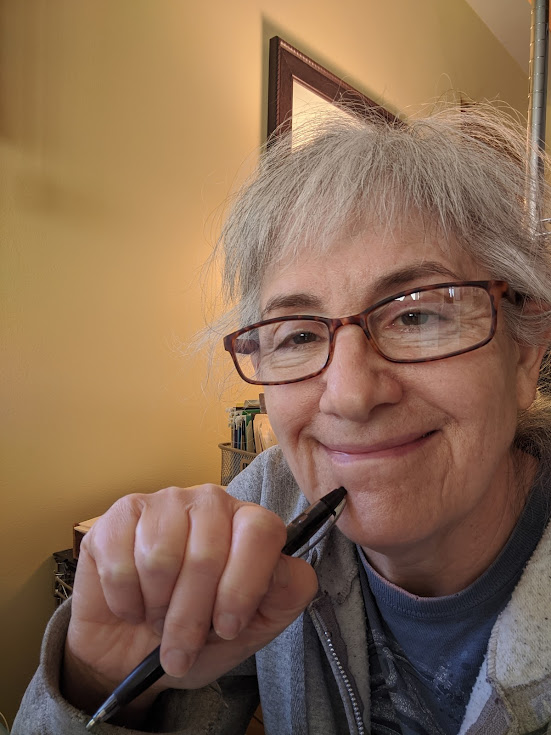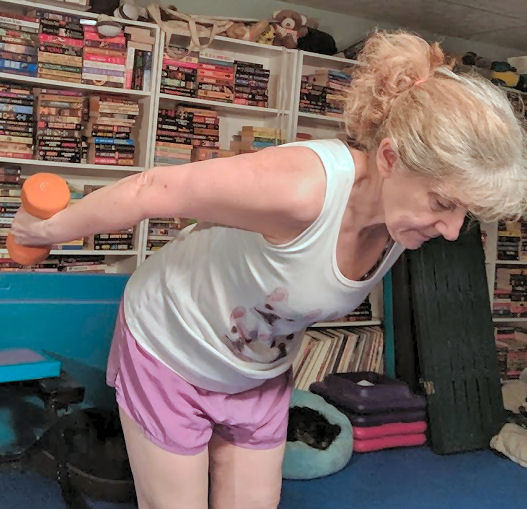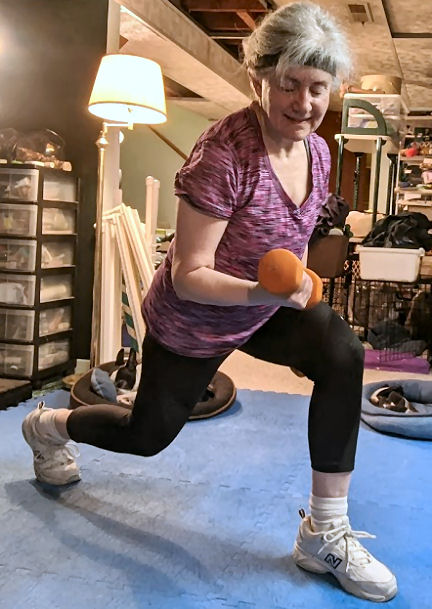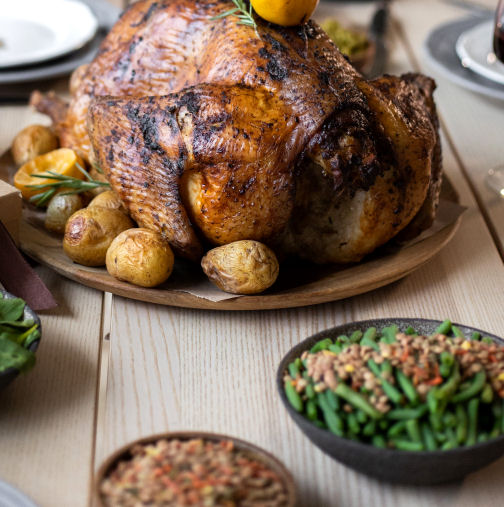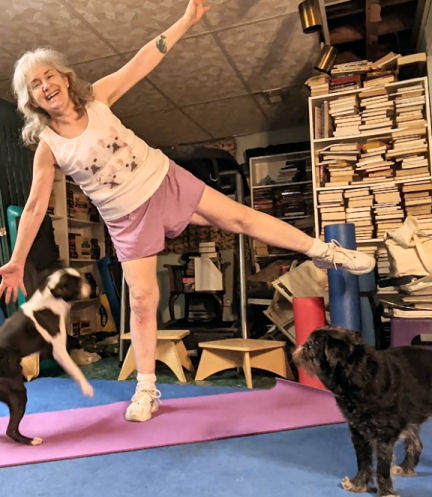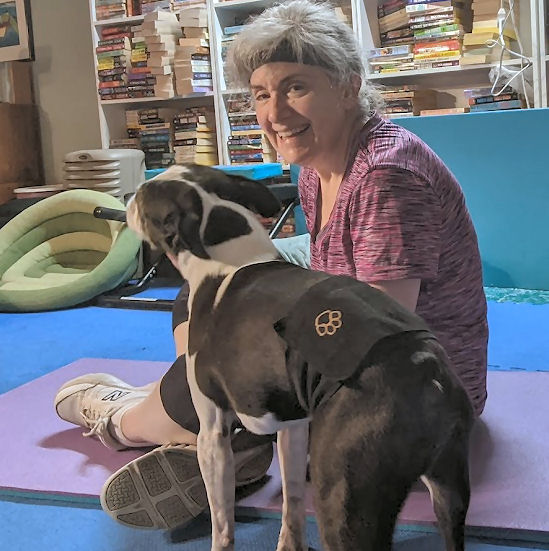It’s easy to do – we’ve all done it. Twirl an idea around in your head and not act on it. I’ve done it more times than I care to admit. You think about it, approach an idea from all different angles and sort out the “What if’s …?” and not do anything. It’s called “analysis paralysis” – when you think about something for so long that nothing gets done. Here’s some advice: Don’t overthink it.
So you think you have a great idea. It doesn’t matter what context it’s in. You have this idea and start thinking about all the eventualities and then you decide it’s not so great after all.
But what if it is and you just over thought yourself right out of acting on your idea? You’ve spent so much time thinking about it that it’s impossible for you to act on it. And then you feel guilty about spending time on nothing.
You’re never not going to have ideas
So – here’s the plan. You’re never not going to have ideas. We’re people. We think. That’s a good thing. But a while ago you set goals for yourself: Set goals – big and little. So you don’t overthink this idea – ask yourself first if this idea fits into your overall plan. Will it help you achieve a goal you set for yourself? If not, then move on. Unless the idea is so attractive to you that you can’t put it aside.
Don’t overthink it – don’t think
If your new idea is still appealing, let your mind go blank for a little while. Just forget about it for a few minutes. Then come back to it and think about how to go about this idea. If a really great plan comes to mind – revise your goals and go for it!
Give it a time limit
If you keep cogitating about this new idea and whether or not you should go for it, give yourself a strict time limit: “I’ll decide whether or not to go for this by noon on Thursday.” You’ve given yourself a deadline. Act on it.
Go for the gut feeling
And when all else fails – write down your options on small pieces of paper. Fold them up and shuffle them around. Pick one. How do you feel about it? If your gut clenches, it’s the wrong decision.
Now, don’t overthink it. Go do it. Plan for it. Embrace it – whatever that “it” is.

